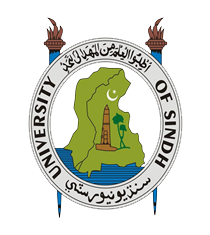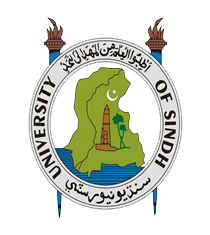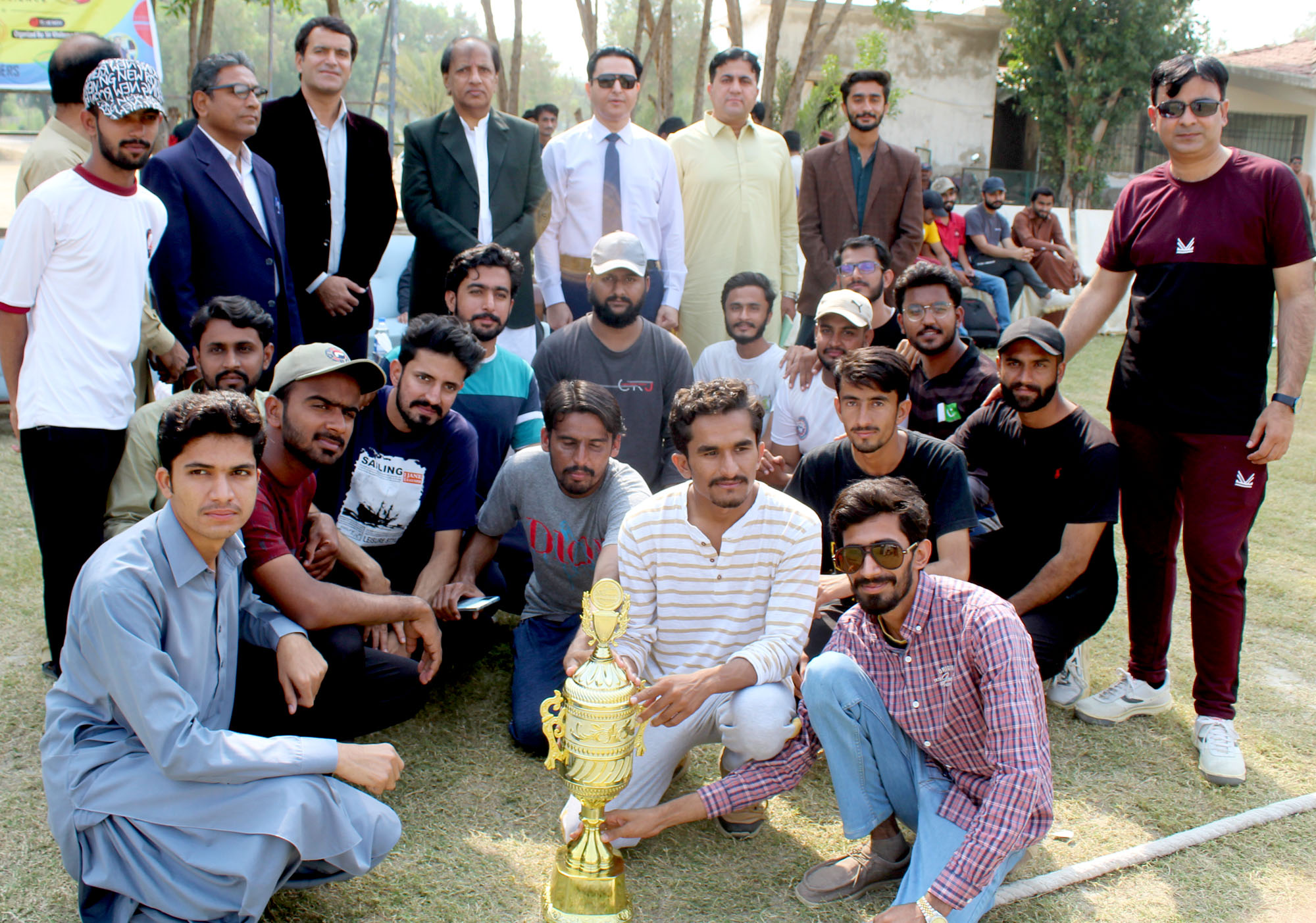1st ever national conference on emerging trends in information & engineering technologies concludes at SU
The 1st ever two-day national conference on emerging trends in information & engineering technologies has successfully concluded here at Sindh University on Thursday, stressing varsity-industry collaboration in a bid to stem unemployment and help the country boost its economy having developed an assortment of momentous software.
The scholars insisted that the universities were required to leverage on the huge expertise available in the industry to train IT undergraduates adding that by doing so, the country could create opportunities which will in return reduce production of half-baked graduates and improve job creators.
Addressing the concluding ceremony which held here at the faculty of engineering & technology (FET) University of Sindh, the vice chancellor Prof. Dr. Muhammad Siddique Kalhoro felicitated the dean of the faculty Prof. Dr. Khalil ur Rehman Khumbhati and his entire team for organizing an exquisite national conference and ensure the physical participation of the scholars and researchers from across the country and said that it was high time for FET to establish liaison with industries and software houses especially that of Pakistan software bureau and collaborate with them.
He said that the faculty of engineering & technology could develop facebook-like software and earn billions of rupees which could not only help SU stand on its feet but could boost up the country’s economy significantly.
He called for a pragmatic collaboration between FET and software houses and industries so as to create job opportunities, earn money and train undergraduates and said that Pakistan’s higher education system sternly needed such kinds of partnership.
Dr. Kalhoro termed the establishment of a postgraduate centre at FET as a milestone and expressed hope that through it, the quality research and development of software would practically be initiated.
He said that in recent times, industries had been increasingly relying on technology based solutions to solve various problems adding that the universities being the hub of research and development activities should play an enhanced role in suggesting innovative solutions to problems faced by industries and the society at large.
SU’s dean, faculty of natural sciences Prof. Dr. Abdul Rasool Abbasi said there was a dire need to examine the experiences of developed countries for a better understanding of different types of university-industry collaborations in order to create opportunities for SU students.
He emphasised that FET should focus on applied research to accelerate industrial development. “Over 60 per cent of the population of Pakistan comprises of youth”, he said and added that the University of Sindh should focus on fostering IT and engineering students to enable them to produce technological products including software so that they after getting their degrees might be able to become job creators instead of job seekers.
Pro-vice chancellor SU campus Larkano Prof. Dr. Azhar Ali Shah congratulated the dean FET and his entire team on organizing the conference and said that the faculty of engineering & technology had compensated the recent weaknesses of the faculty by organizing a wonderful national conference that will pave the way for further academic and research based symposiums in the time to come.
He appreciated the efforts made by FET for providing quality education to students in various disciplines including software, telecommunication engineering, electronic and information technology and hoped that close collaboration between FET and software houses will soon take place that would certainly yield beneficial results for engineering & IT students and the industry.
On the occasion, the vice chancellor Prof. Dr. Muhammad Siddique Kalhoro and Dean FET Prof. Dr. Khalil ur Rehman Khumbhati gave away the shields to those who chaired the session during the conference and distributed certificates of appreciation among the faculty members, supporting staff and volunteer students.


